Coffee is that magical elixir that allows you to get up and face the day (and other people) with a smile.
But, as you probably already know, there are downsides to the highly caffeinated drink. Along with its addictive qualities, it can also have a negative impact on other aspects of your health. Such as, unexpectedly, your eyesight. Recent studies have shown a proven link between drinking coffee and suffering from ocular hypertension.
So, can you still drink coffee without worrying about the impact on your eyes? Let’s take a look.
Coffee and eye pressure: the side effects
First of all, let’s look at what exactly caffeine is, and what it does.
Caffeine is a stimulating alkaloid molecule that attaches itself to the nicotinic acetylcholine receptors in your nervous system. As a result, you experience increased alertness, attention, and well-being.
However, at the same time, caffeine will also block adenosine receptors. This is a neurotransmitter which promotes relaxation and sleep, reinforcing the feeling of being more reactive, and less sleepy. That’s why coffee is so good in the morning as it helps you wake up after a good night’s sleep.
But if you’re a Starbucks addict, or drink enough coffee to make the Flash seem slow, you might start to notice adverse effects. High caffeine intake can negatively impact your fitness, sleep, and even your eye health.

The negative effects of too much coffee
- 😴 Risk of insomnia and reduced quality of sleep: By blocking adenosine receptors, caffeine makes us believe that we are not tired, which is nice... until bedtime. As caffeine continues to act several hours after its drunk, you might regret that 7pm espresso shot.
- 🫨 Nervousness, anxiety: The stimulation of the central nervous system induced by caffeine can cause greater nervousness, anxiety or irritability. And no one is happy with less sleep.
- 📈 Increased blood pressure: Caffeine can increase your blood pressure, putting you at risk. Luckily, this is only temporary and shouldn’t negatively impact those who drink coffee in moderation. If you have a predisposition to hypertension, however, you should be extra mindful of your caffeine intake.
- 💔 Heart palpitations linked to hypertension can occur if too much coffee is drunk.
- 😵💫 Digestion disorders and sour stomach can occur if you drink too much coffee.
💡Note: If you’re looking to limit your caffeine consumption, beware of drinks other than coffee. Most energy drinks are high in caffeine. Red Bull won’t just give you wings, it’ll give you a whole host of health problems if you drink too much of it.
The effects of too much caffeine on your eyes
Consuming too much coffee (or other caffeinated foods and drinks, like green tea) can also pose risk to your eye health. Caffeine can cause side effects with blood circulation and on ocular health.
By drinking too much coffee, you expose your eyes to certain issues:
- 😣 Eye fatigue: Lack of sleep, poor sleep quality and even insomnia are all factors of eye fatigue. And coffee doesn’t exactly help your eyes get the quality rest they need.
- 👁️ Dry eyes: Caffeine has diuretic properties, which means that in high doses, you’ll find yourself needed the bathroom often. You can also find yourself more easily dehydrated, something which easily impacts your eyes. Eye fatigue can also exacerbate dry eye syndrome for a double whammy effect alongside your morning cup of coffee.
- 👀 Increased eye pressure: For the coffee addicts, you could be more at risk of developing hypertension in the eyes due to increased intraocular pressure.

The connection between ocular hypertension and glaucoma
Coffee can increase intraocular pressure; but what exactly does that mean?
Ocular hypertension affects 4 to 9% of the population. The risks increase for those over the age of 40, in people with severe myopia, those who suffer from diabetes, and for those with a genetic predisposition.
Studies of the link between ocular hypertension and glaucoma
A study from the Icahn School of Medicine at Mount Sinai Hospital in New York highlighted the link between coffee consumption and the risk of developing glaucoma.
Thanks to testimonials from volunteers and data recorded in the UK Biobank database, researchers were able to establish the relationship between high caffeine consumption and the risk of developing glaucoma in people with a genetic predisposition for this disease (i.e. say with family history).
The risk is minimal for the general population
For the general population, luckily, ocular hypertension is not that serious. It doesn’t present any symptoms, and it only develops into glaucoma in 10% of cases.
Don’t panic the second your ophthalmologist utters the words “ocular hypertension”. They can monitor the situation and if necessary, prescribe something to reduce the pressure.

But if you know yourself to be at risk of developing glaucoma, or have a predisposition to high blood pressure, it’s important to monitor your caffeine intake. If you suffer from glaucoma and you're still drinking too much coffee, it's time to take it easy! Because ultimately, the greatest risk of untreated glaucoma is blindness.
💡Note: Despite the rumors, there is no link between glaucoma and time spent looking at screens. But we still recommend protecting your eyes generally by wearing a pair of stylish blue light blocking glasses to protect yourself from other risks.
The right amount of coffee for good eye health
While you may have listened to the above, there’s probably still a little voice in your head thinking, “well that’s great and all… but I’m not giving up my coffee!” The good news is: you don’t have to!
Coffee is like everything: it should be consumed in moderation. This depends on your individual tolerance.
We generally recommend limiting your daily caffeine intake to a maximum of 400 mg , or 3 cups of 237 ml.
Also be sure to consider when you’re drinking your coffee. After midday, it’s best to switch to non-caffeinated beverages or decaf coffee.
But it’s not all bad news! Coffee actually has some positive side effects too. This includes the presence of antioxidants, the secretion of endorphins and adrenaline, and might even reduce the risks of the appearance of certain diseases! This includes Type 2 diabetes, Alzeheimers, Parkinsons, and even certain cancers. Studies are still underway on the effects between caffeine and reduced risk, so only time will tell!
⚠️If you know you have a family history of glaucoma, it’s still best to consult a doctor who will be able to give you an eye exam and personalized advice.

Coffee and eye health: Final thoughts
- Consuming too much coffee can lead to sleep, mood and digestion problems, as well as eye problems.
- In some people with a family history, caffeine and its impact on eye pressure cause an increased glaucoma risk. Be careful, and don't hesitate to seek the advice of your doctor.
- Coffee also has many positive effects on health. As with everything good, it's moderation that counts.
- A dose of 400 mg of caffeine per day (approximately 3 cups), is fine. Just consider the time you choose to drink it carefully. Caffeine remains active for a long time, so to avoid sleep issues, avoid consuming it in the afternoon.
- Finally, taking care of your eyes is a daily process. Follow our good advice and protect yourself from the effects of blue light with our blue light glasses!




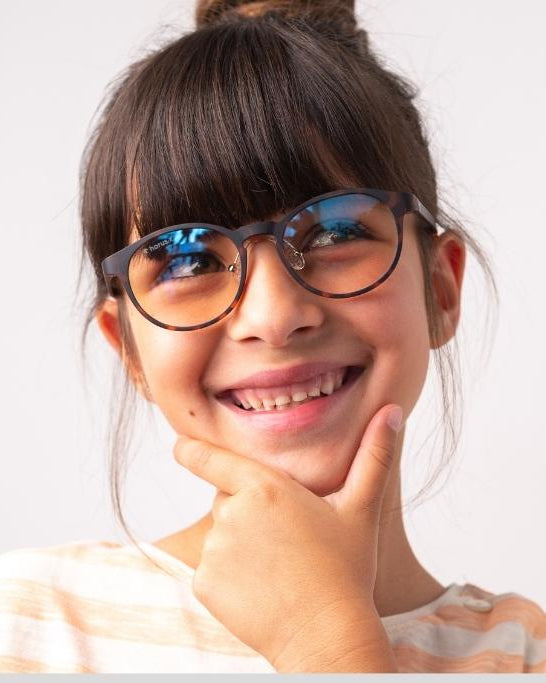
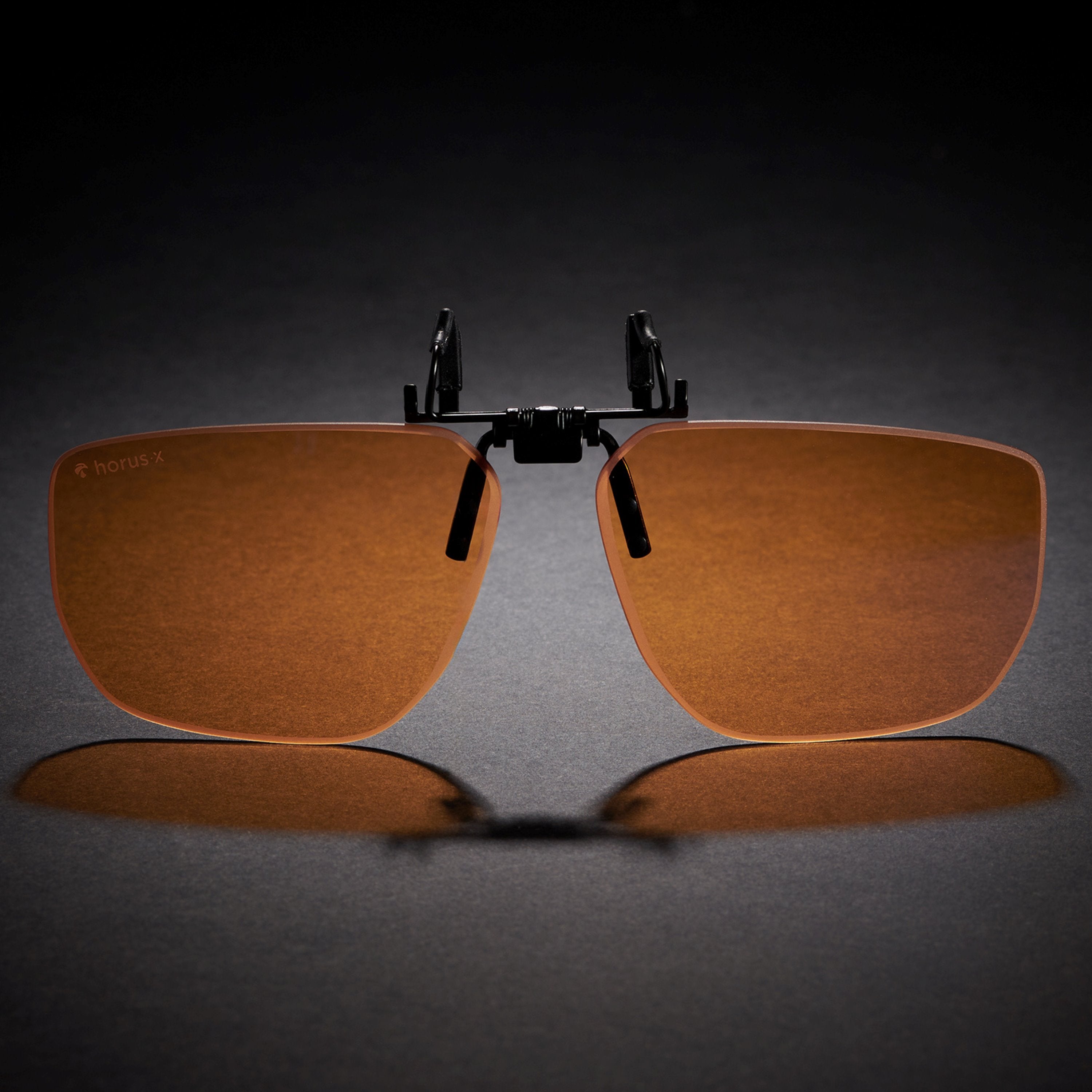
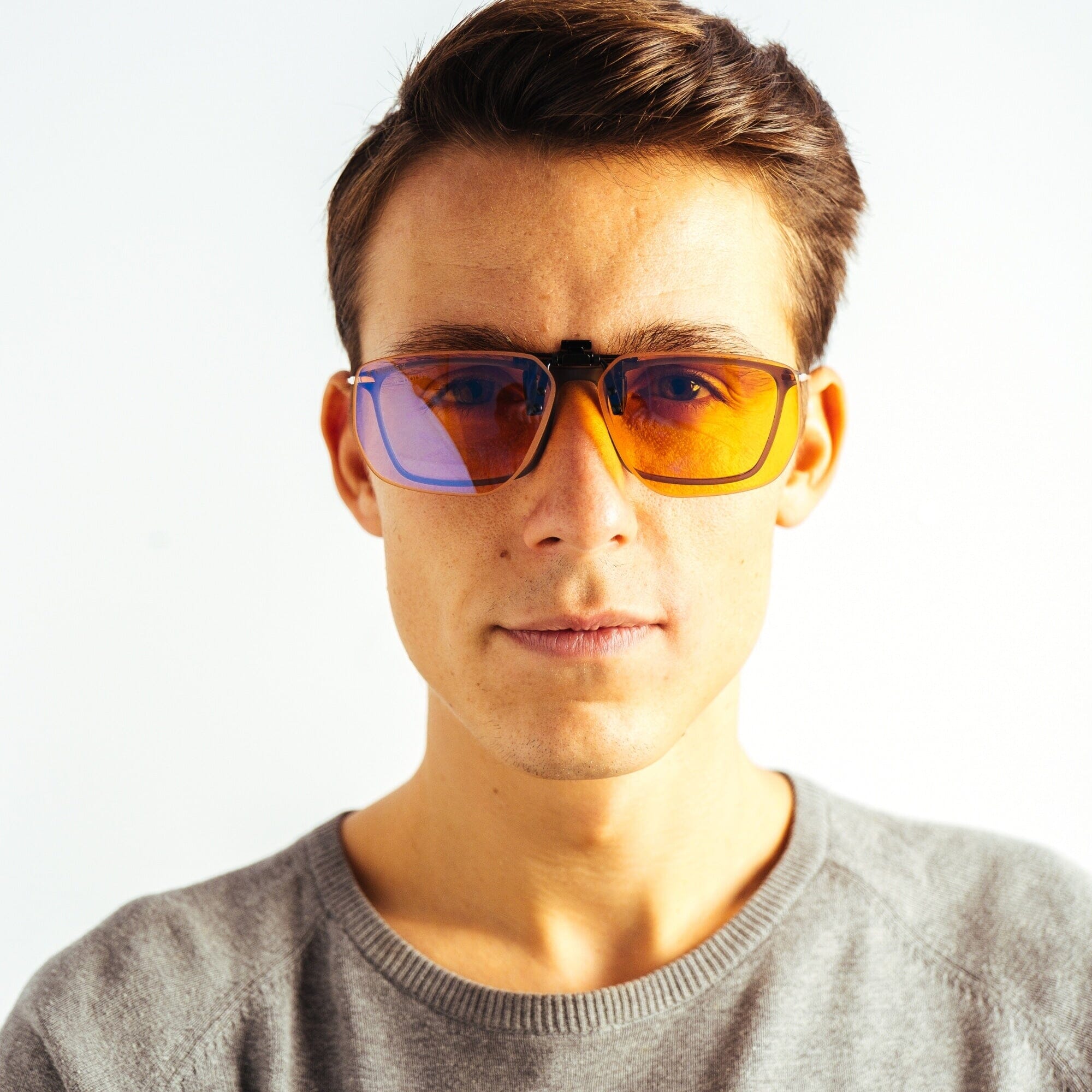
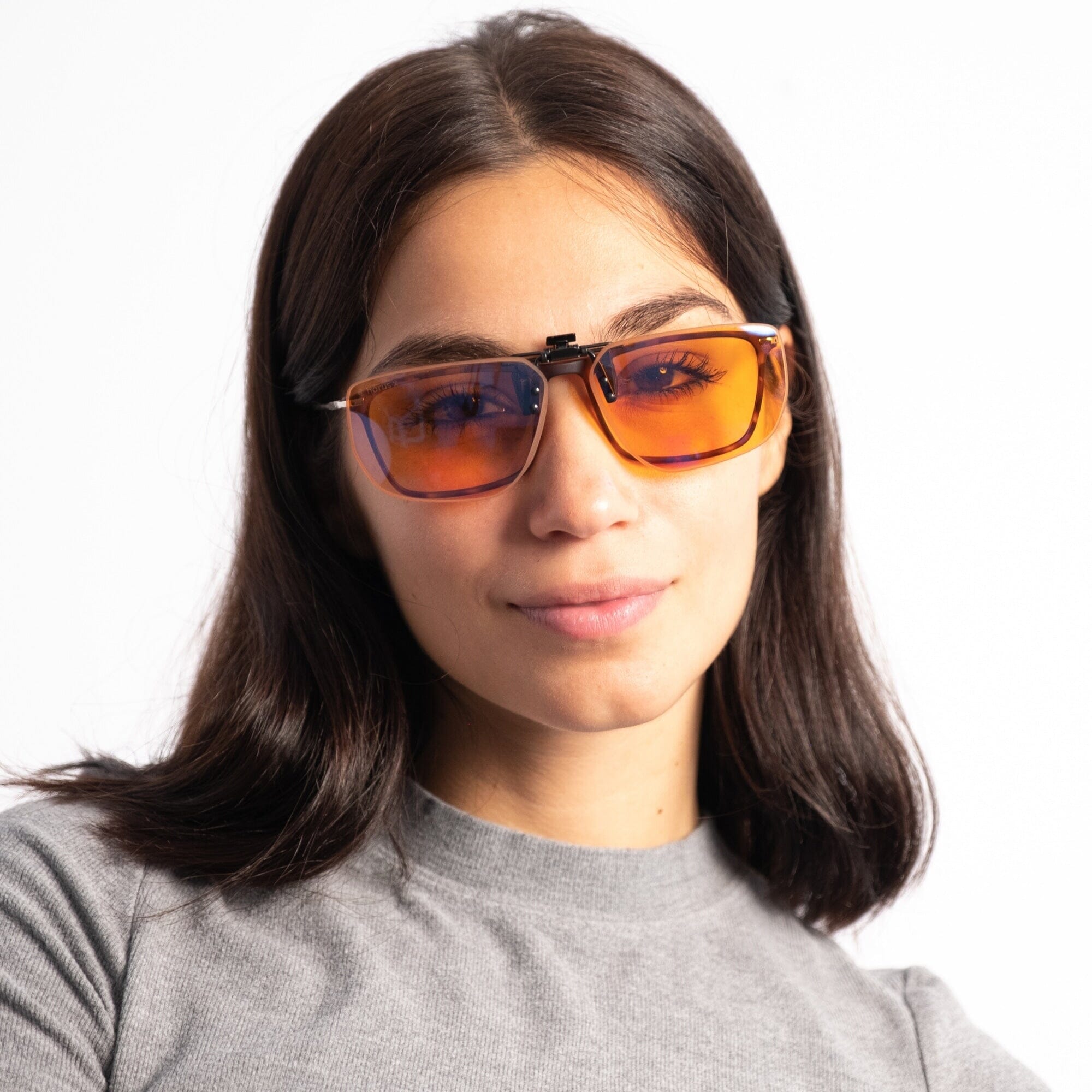
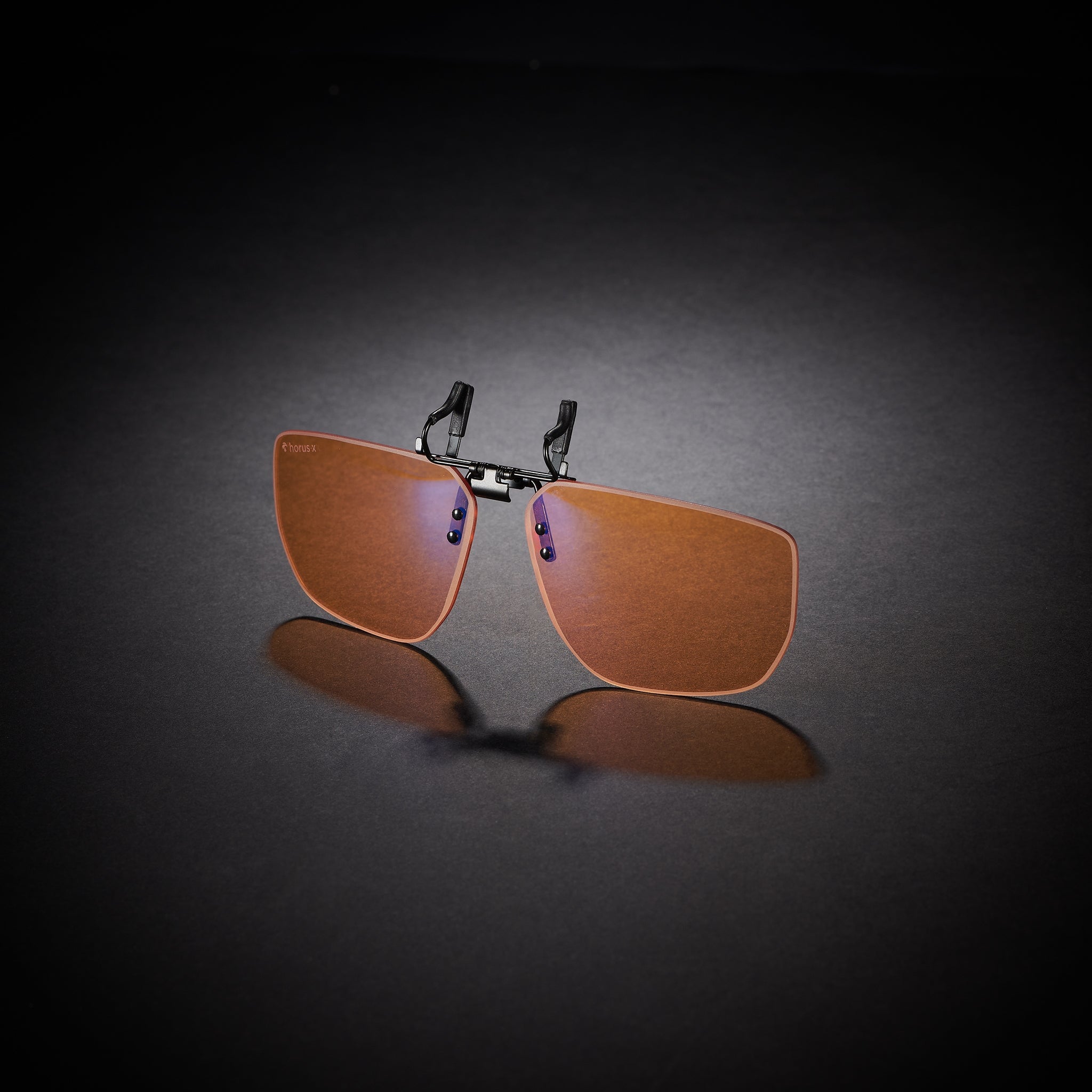
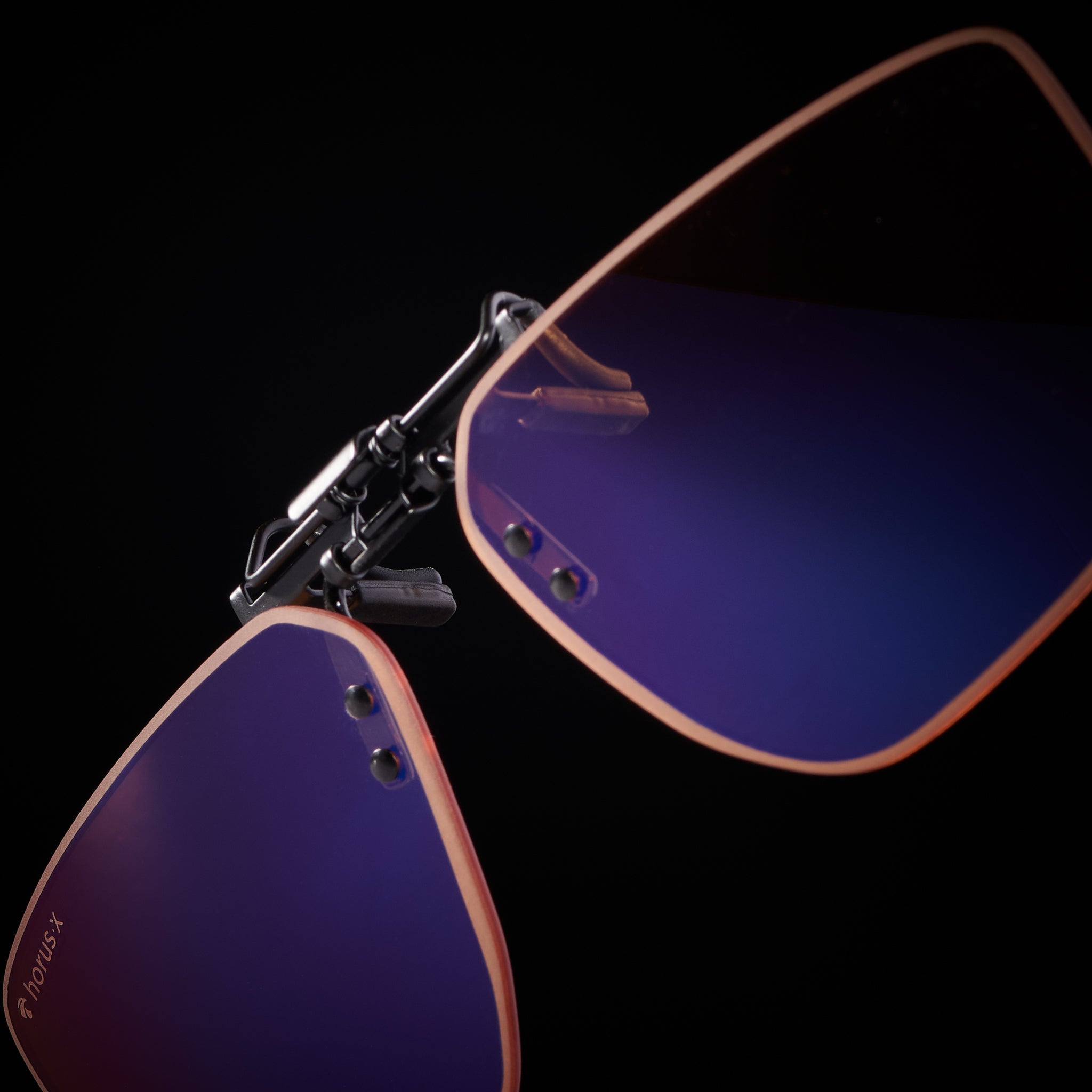

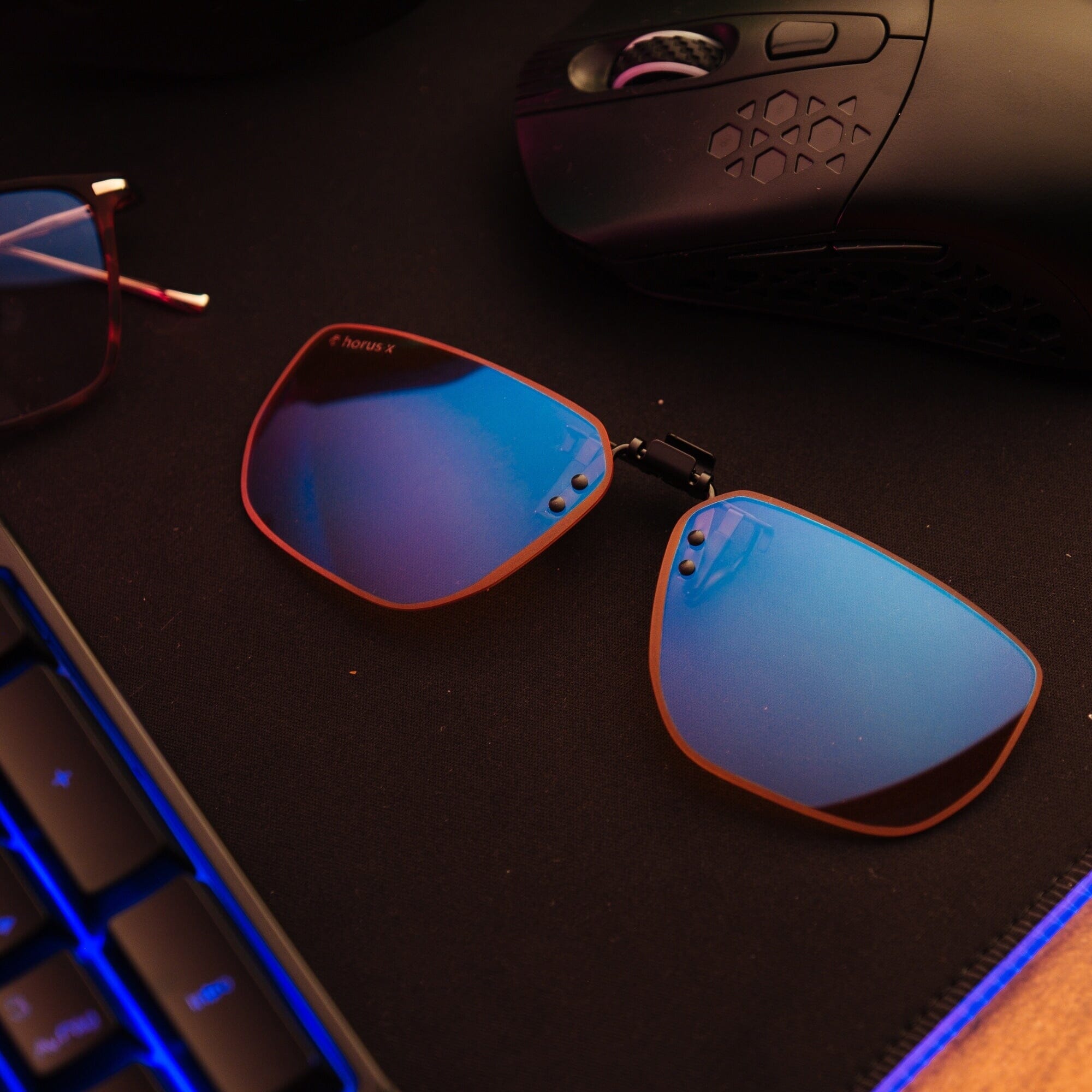
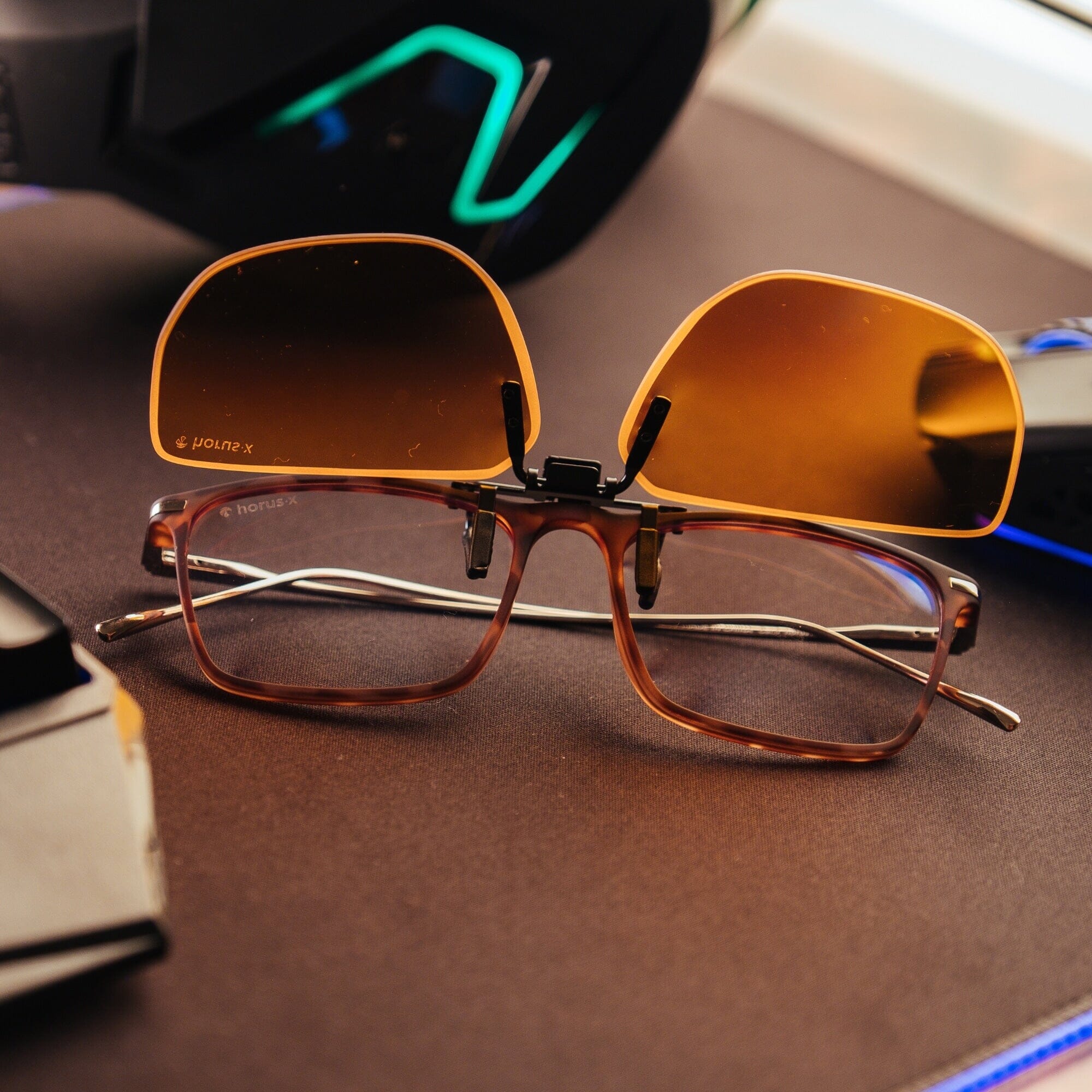
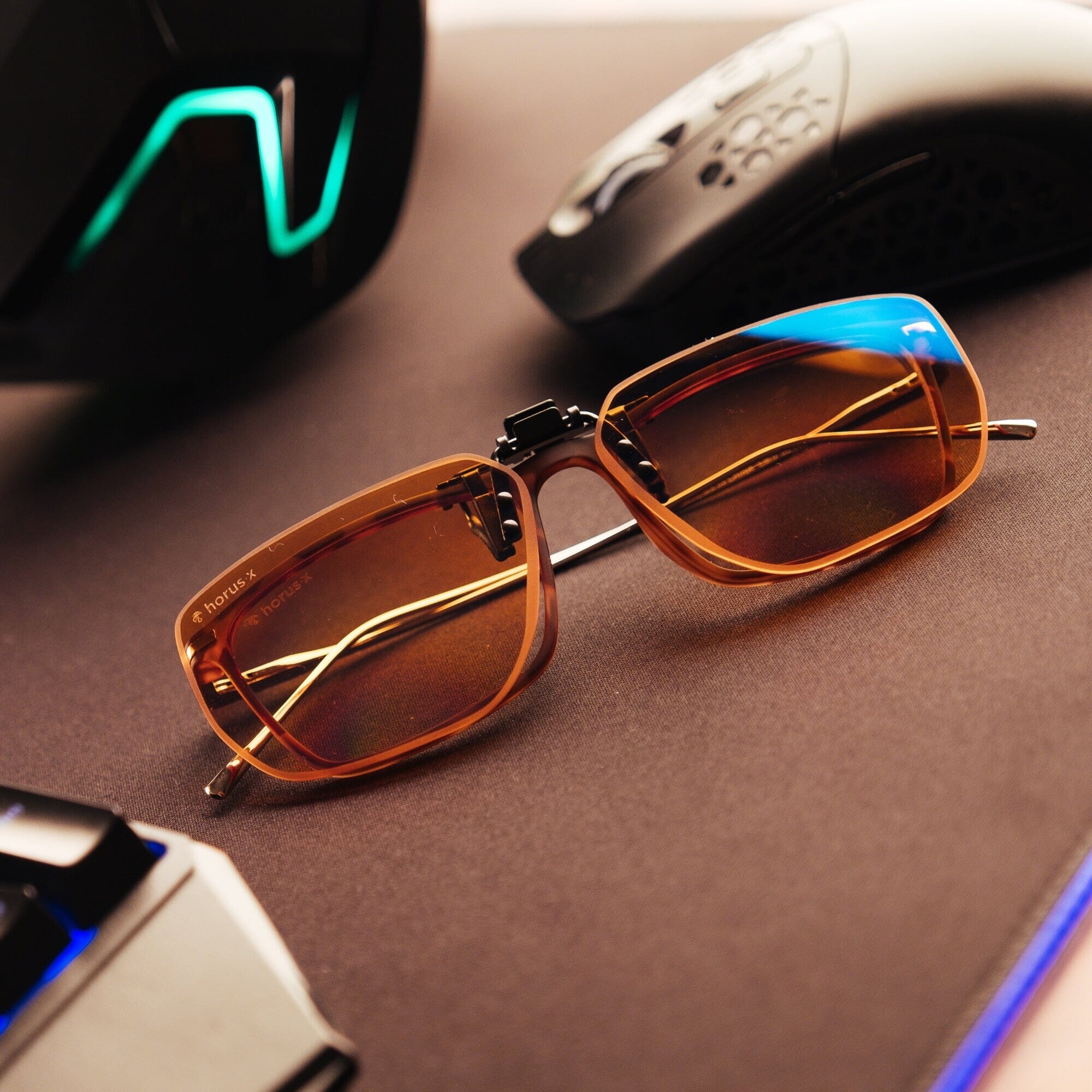

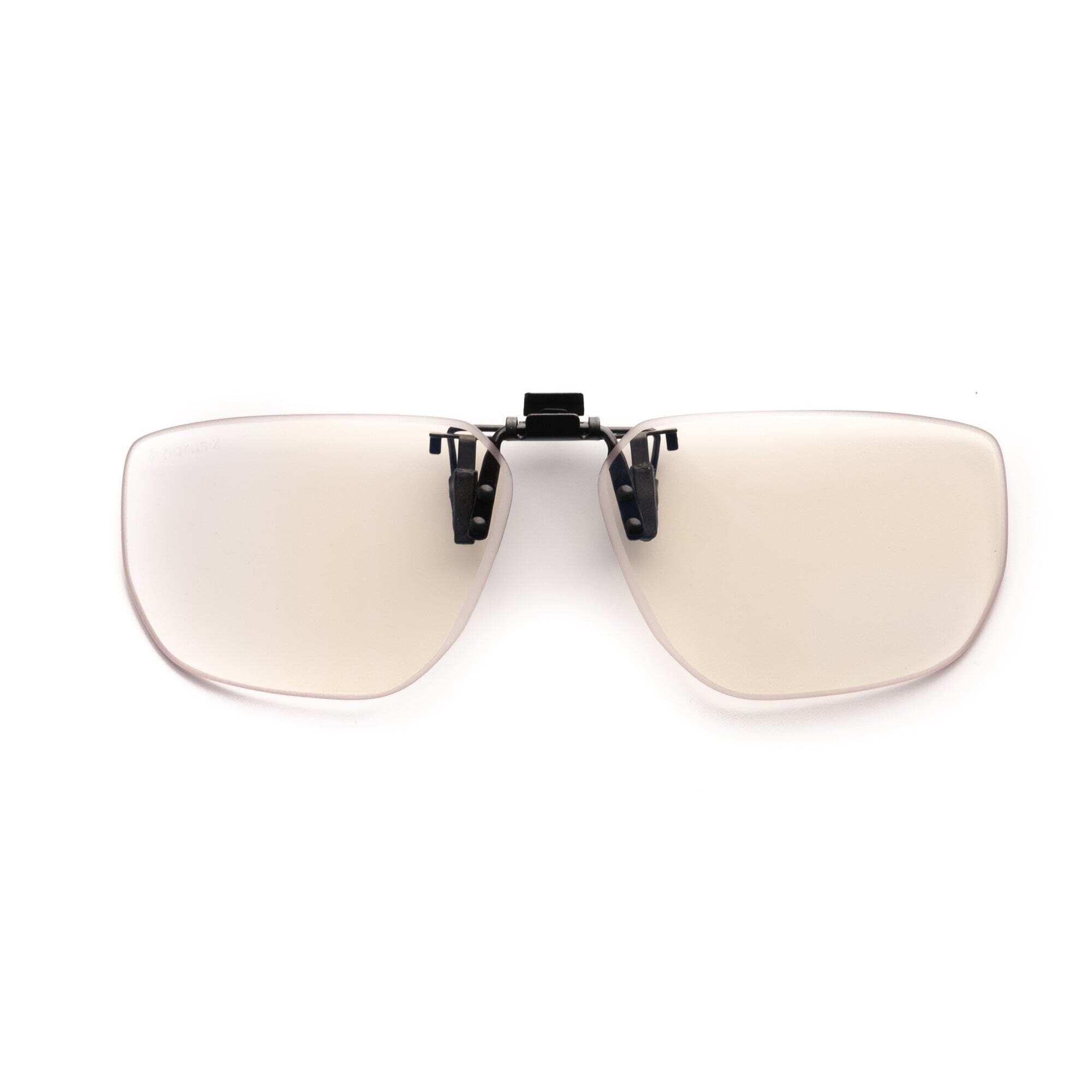
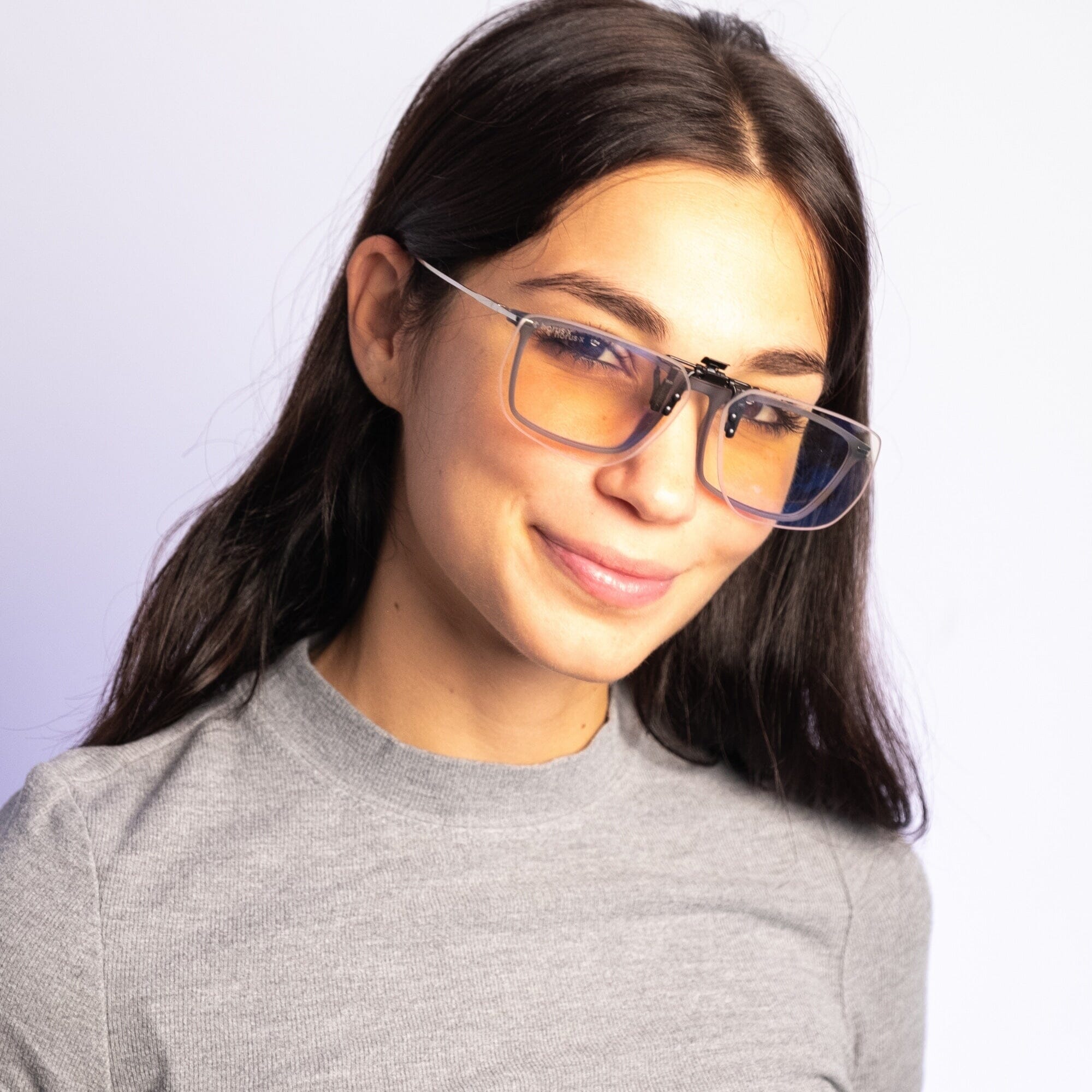
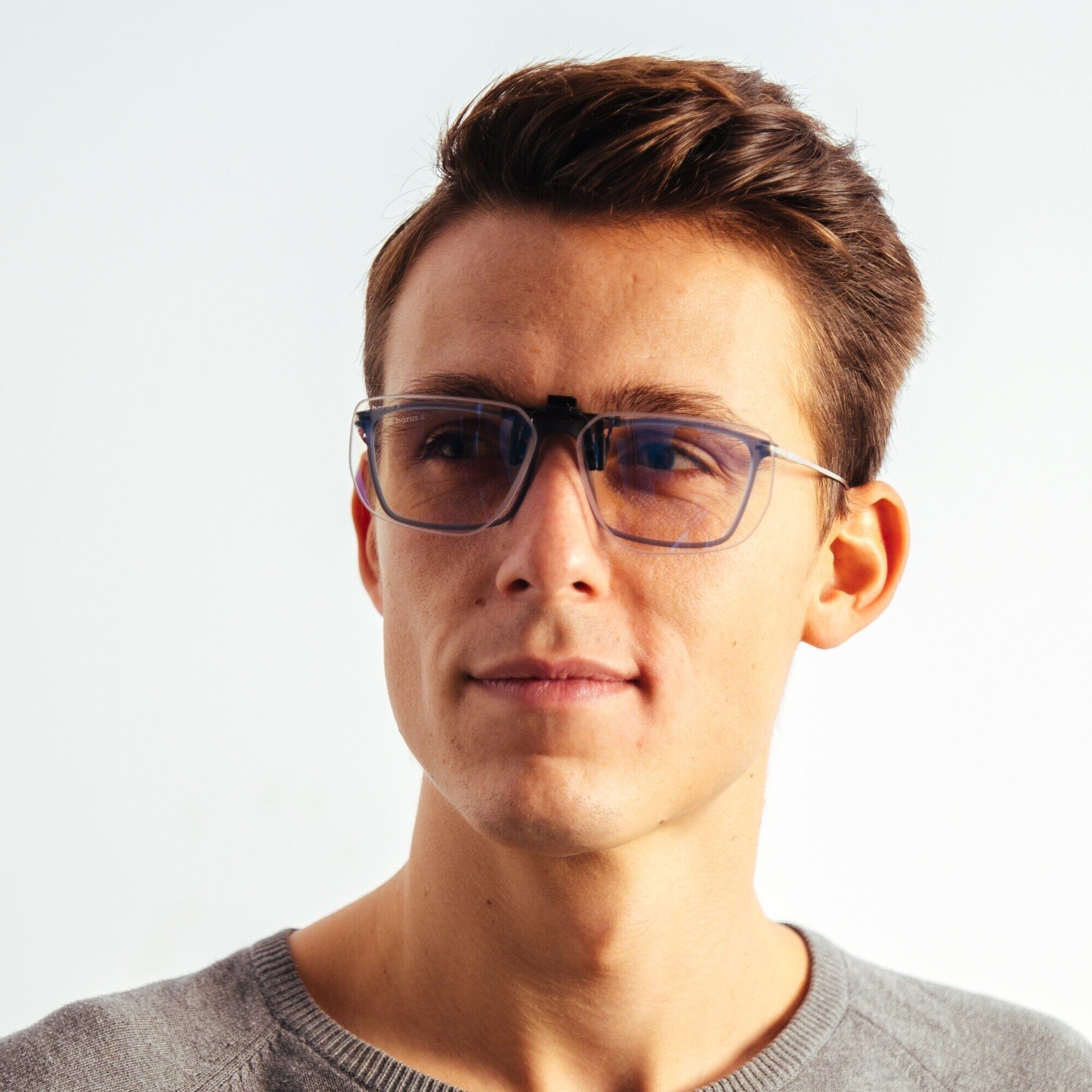
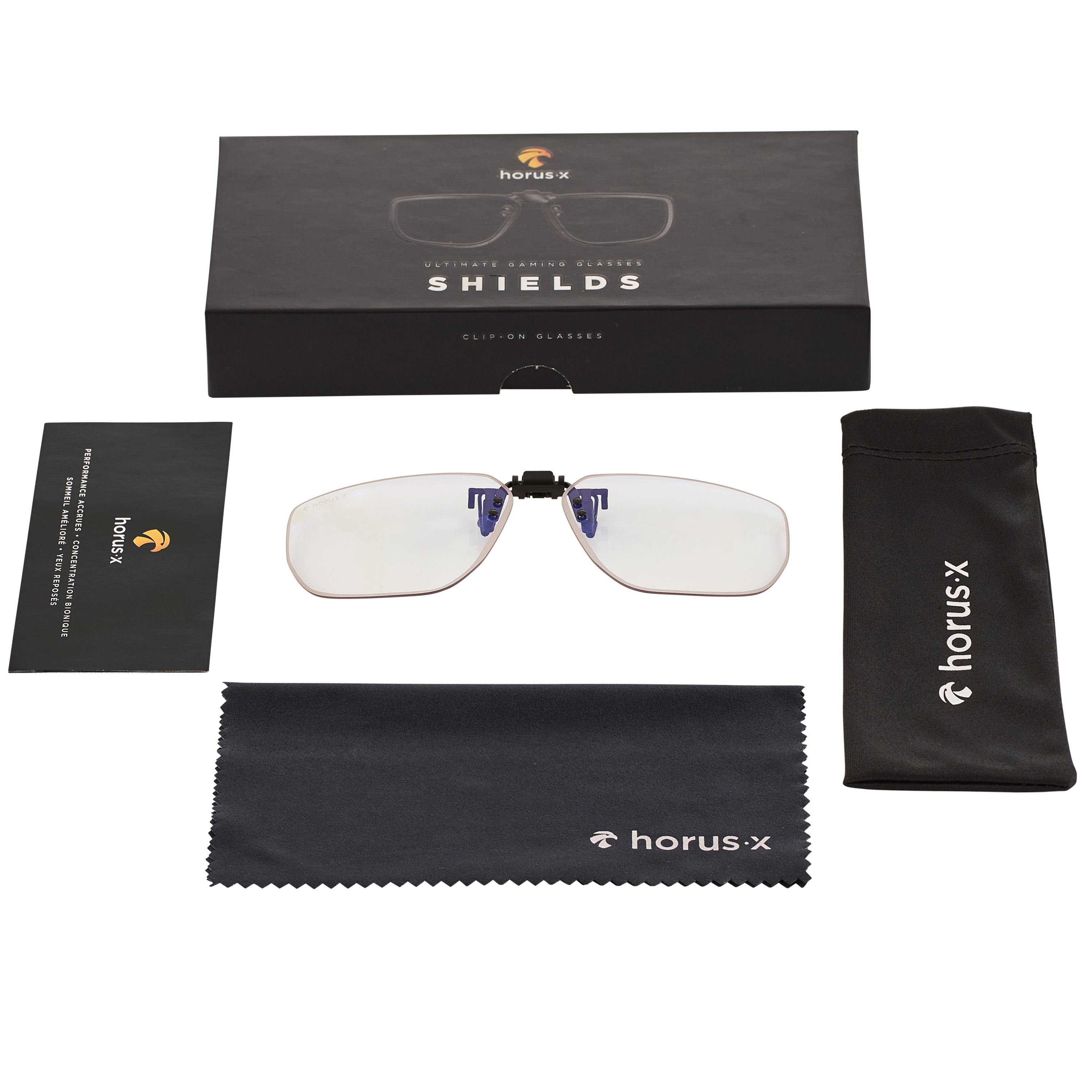
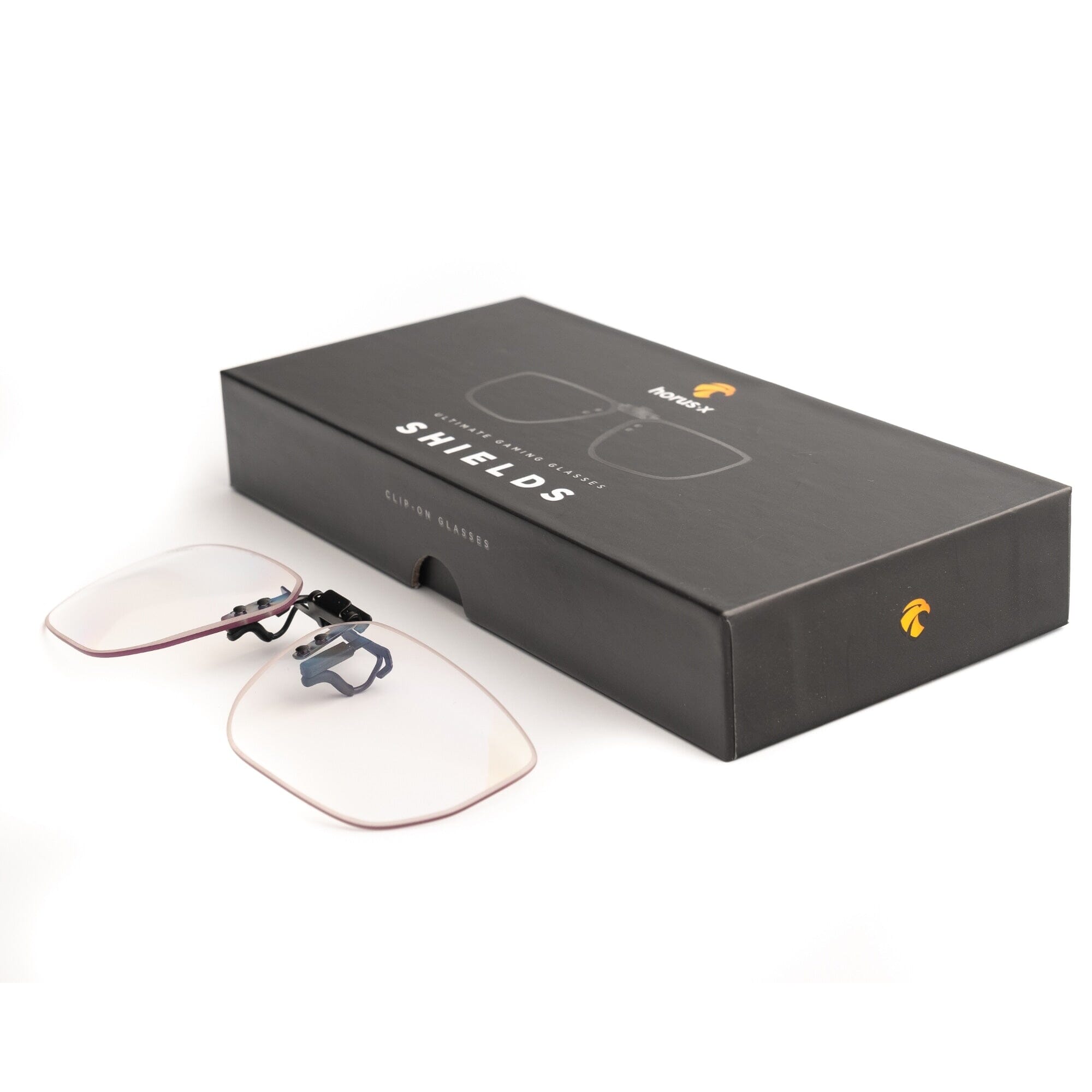
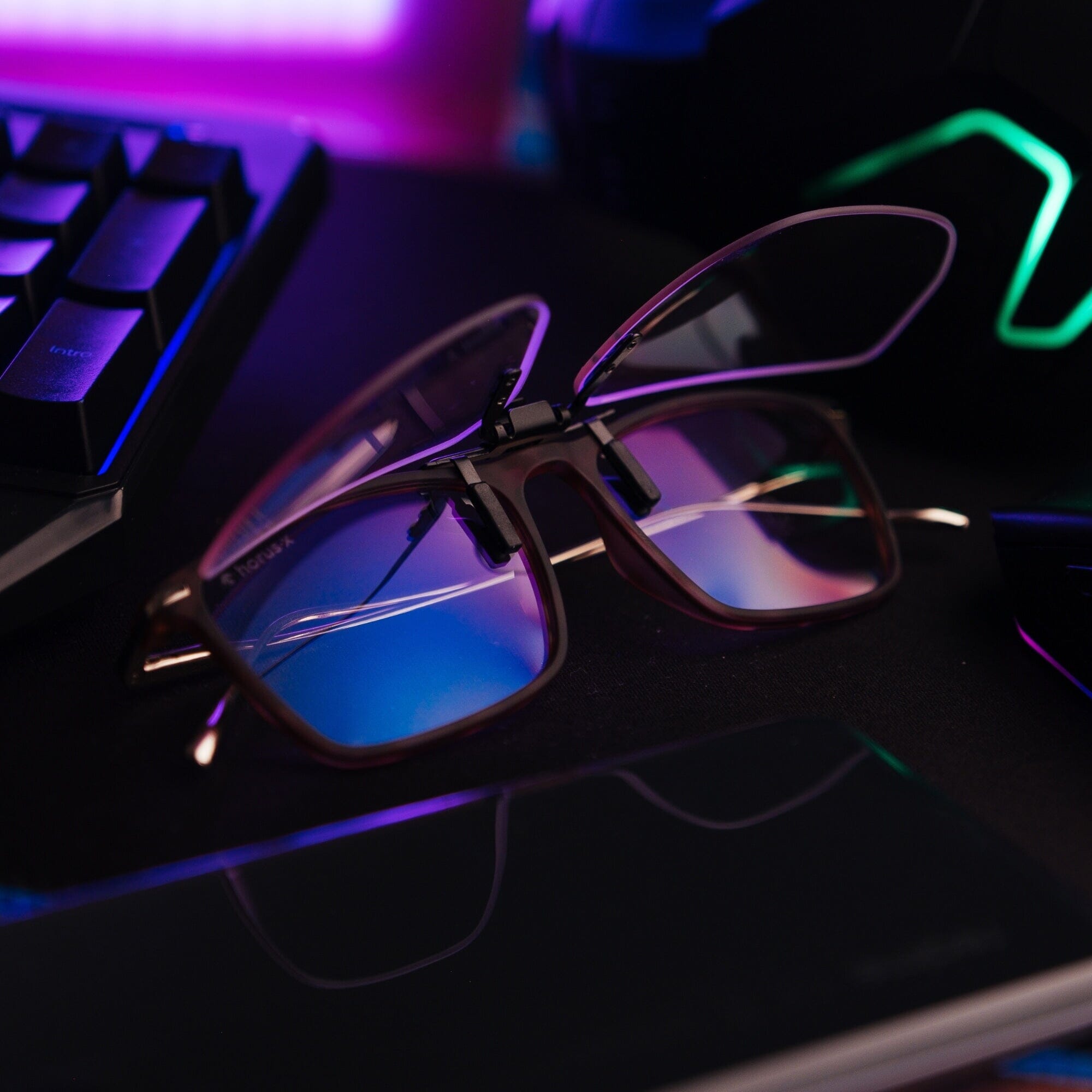
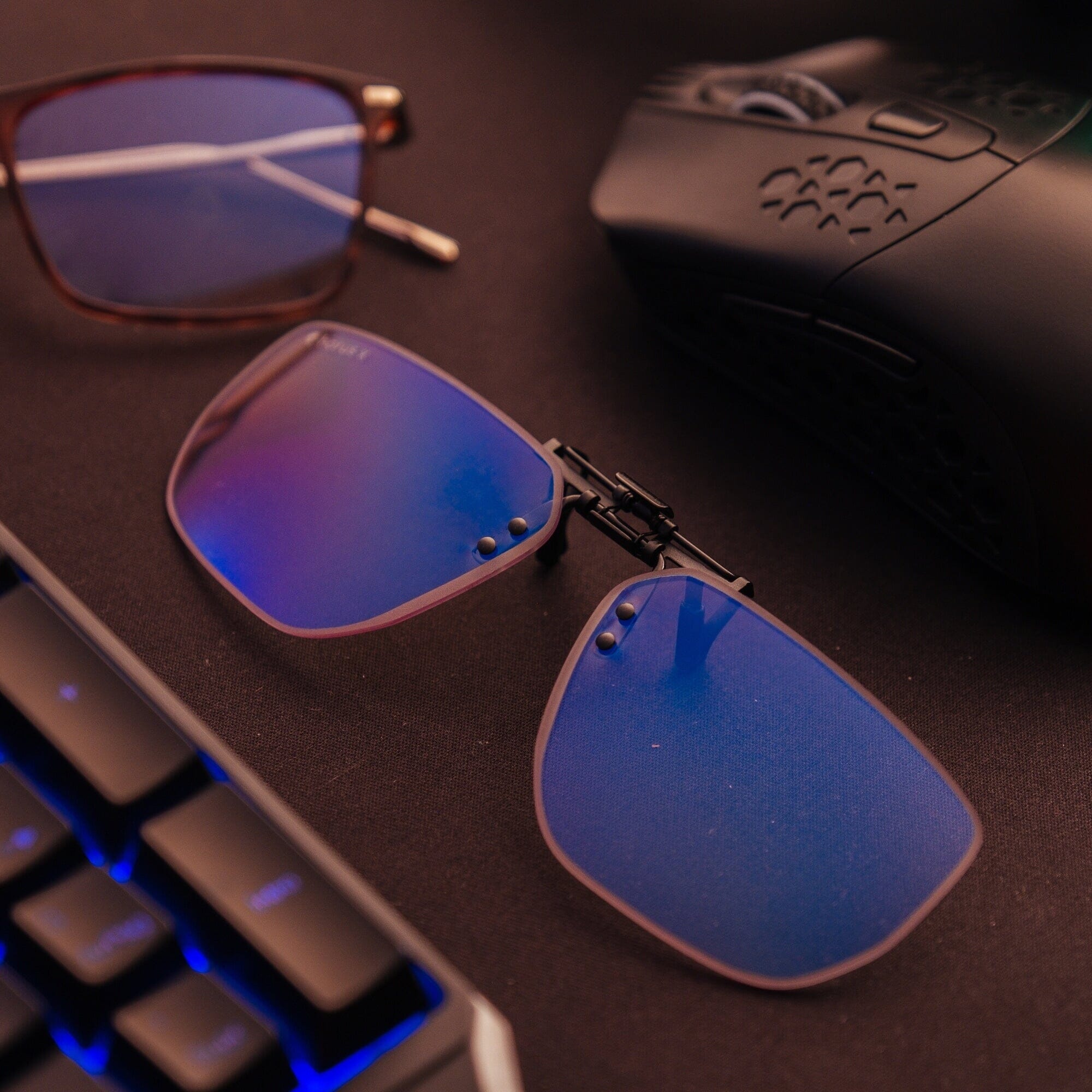
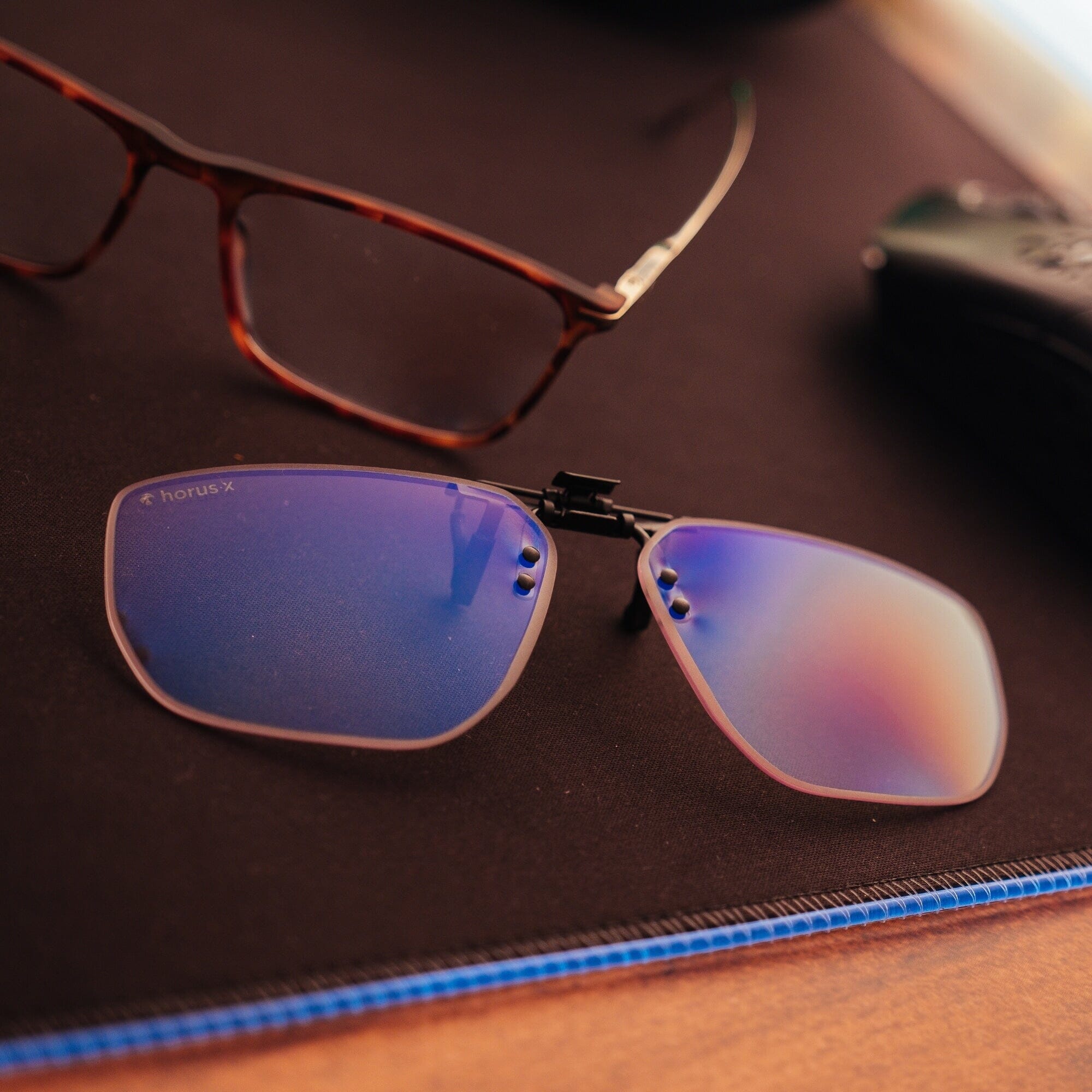
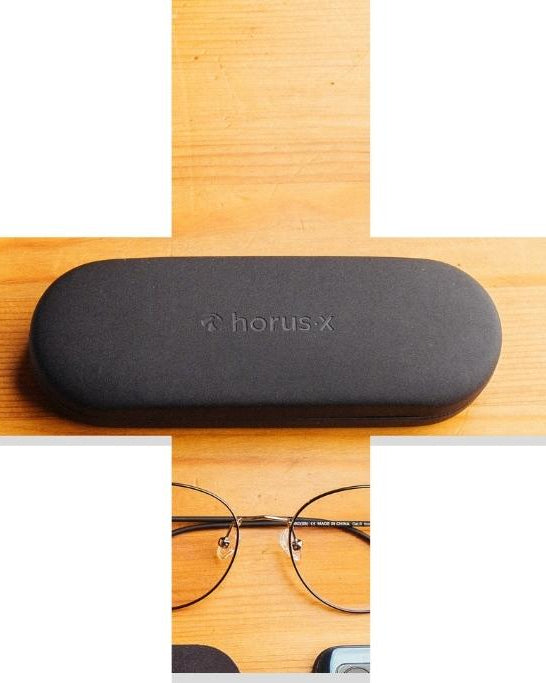






Comentarios
Très intéressant, je suis à risque de par ma mère… mon ophtalmo m’a prescrit du cosopt à vie.
Merci de nous prodiguer vos très bons conseils.